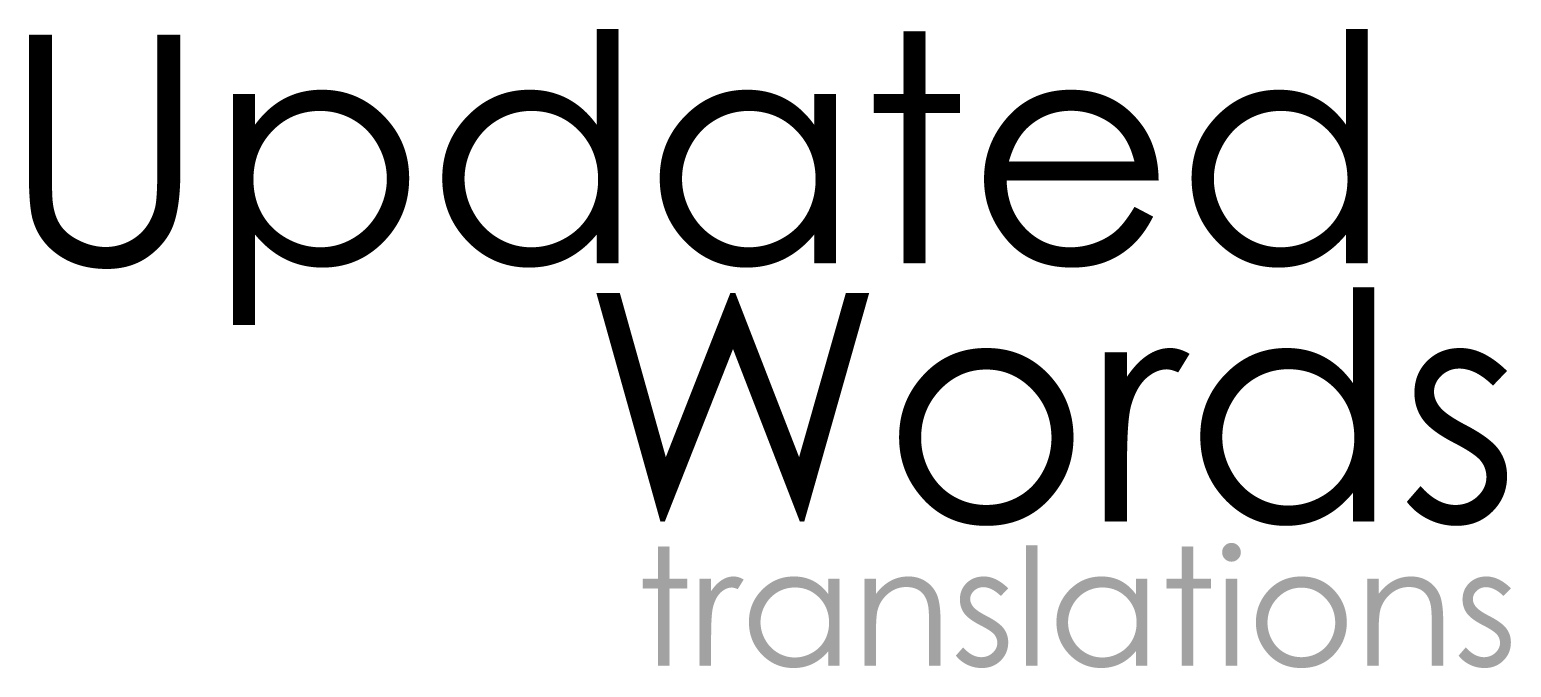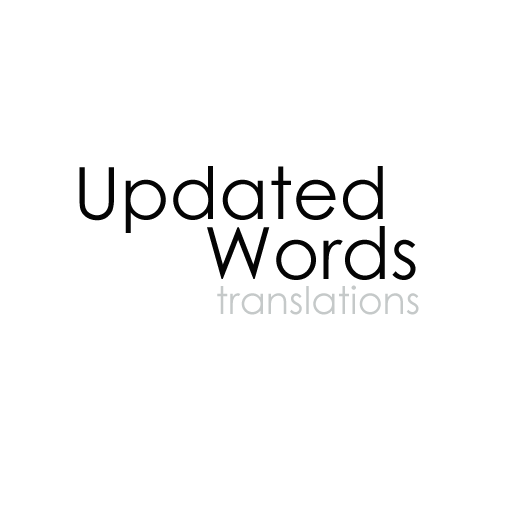For Australians, the federal election is just around the corner and political parties do the best they can to win our votes. It is a real war, but in this war, words are the weapons, not guns. Parties choose their words very carefully: “Cut”, “Tax”, “Pay”, “Future” because they know these words will get people’s attention. They manipulate them with the required punctuation and connotation, so they can make their claims and convince voters they are the best option for them.
Today, I decided to talk about the power of words. Together with the appropriate punctuation, they may be as deadly as any other weapon. A misplaced comma may change the meaning of a sentence altogether. In diplomatic terms, it could mean conflict.
The political world revolves around words. Politicians have professionals writing their speeches to ensure the “right words” are chosen and the “right message” is passed. It needs to be persuasive; it needs to get voters on their side.
But in the social media era, just being persuasive is not enough, people need images, people need powerful images associated with powerful messages to show their points of view. What should be about passing a positive message about their own policies, turned into a war of attacks on their opponents They don’t advertise their own policies anymore, instead they attack their opponents with what they want voters to believe their opponents will do that will set them back. An image of an elderly person associated with “cut pensions” will definitely get pensioners attention. That may not be an accurate statement, but accuracy is not important here, it is the visual impact they are after.
The same word can be used in a negative or positive way and it has exactly the same power. It can be cut pensions or cut taxes, in both examples will be a powerful message, they just have to choose what they want to say or who they want to attack.
But not only political parties use the power of words to influence people. In fact, we see it every day, on newspapers and ad campaigns. Words are chosen carefully in order to pass the message the author wants, and influence the reader the way he or she wishes to.
At the end of the day, it is our duty to read between the lines and separate the facts from fiction.
Cátia

